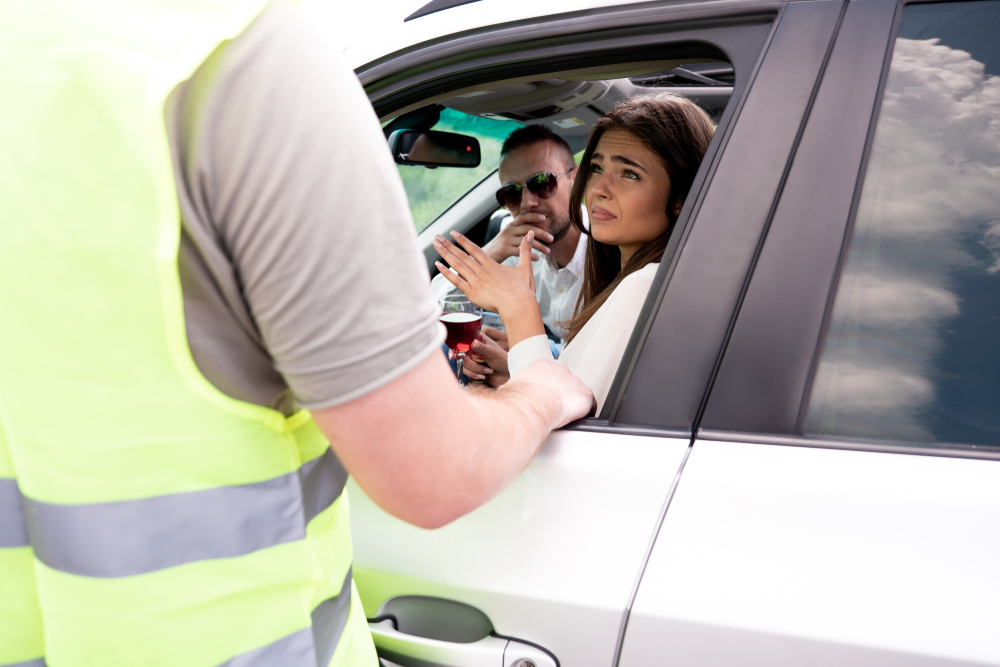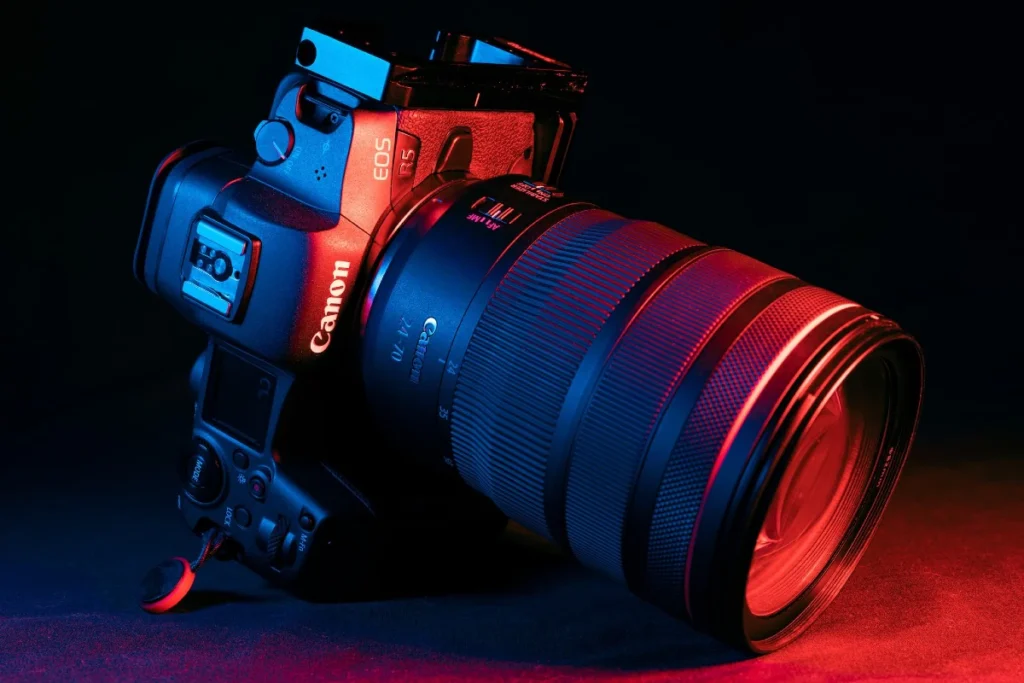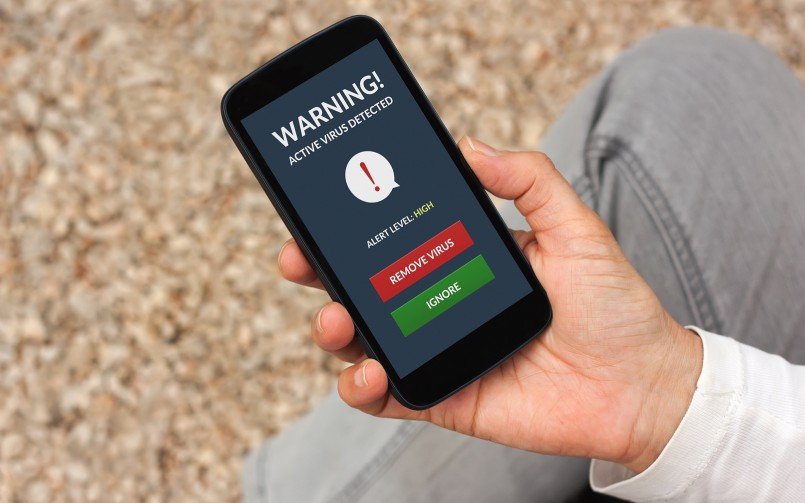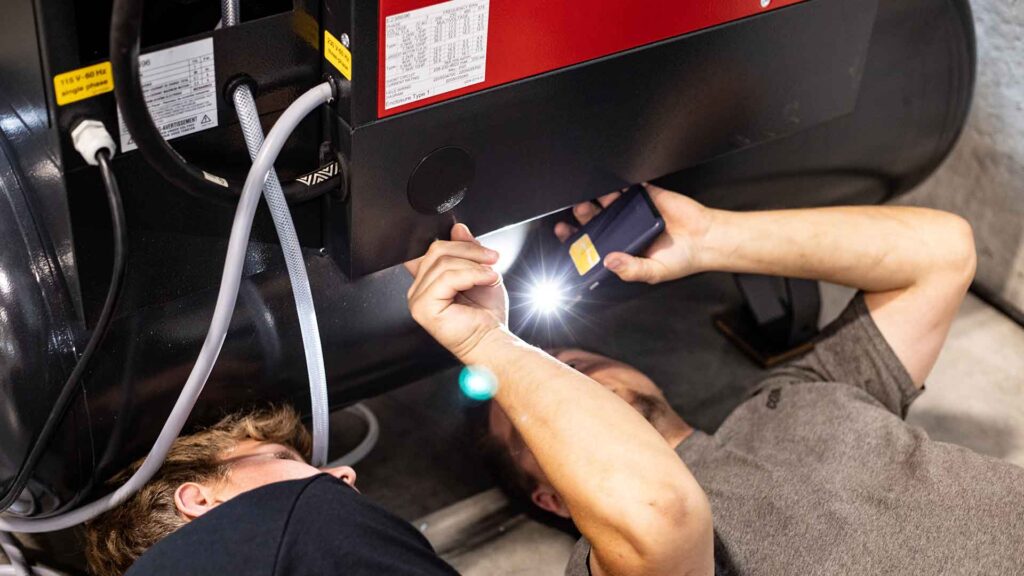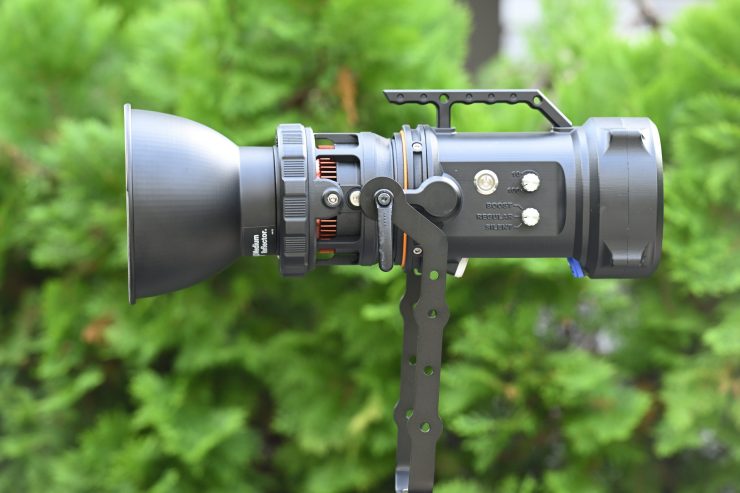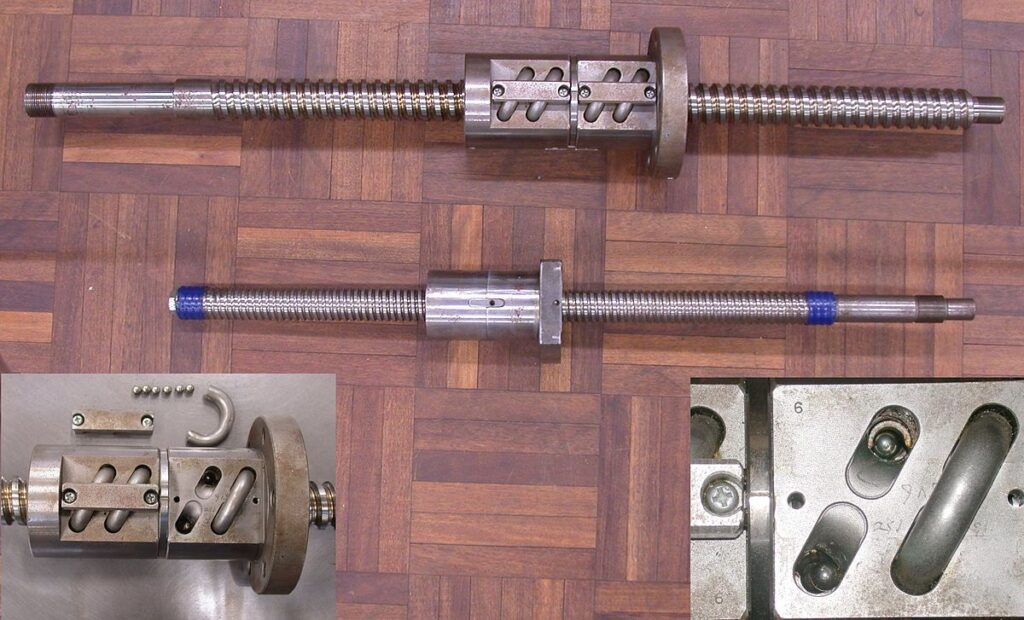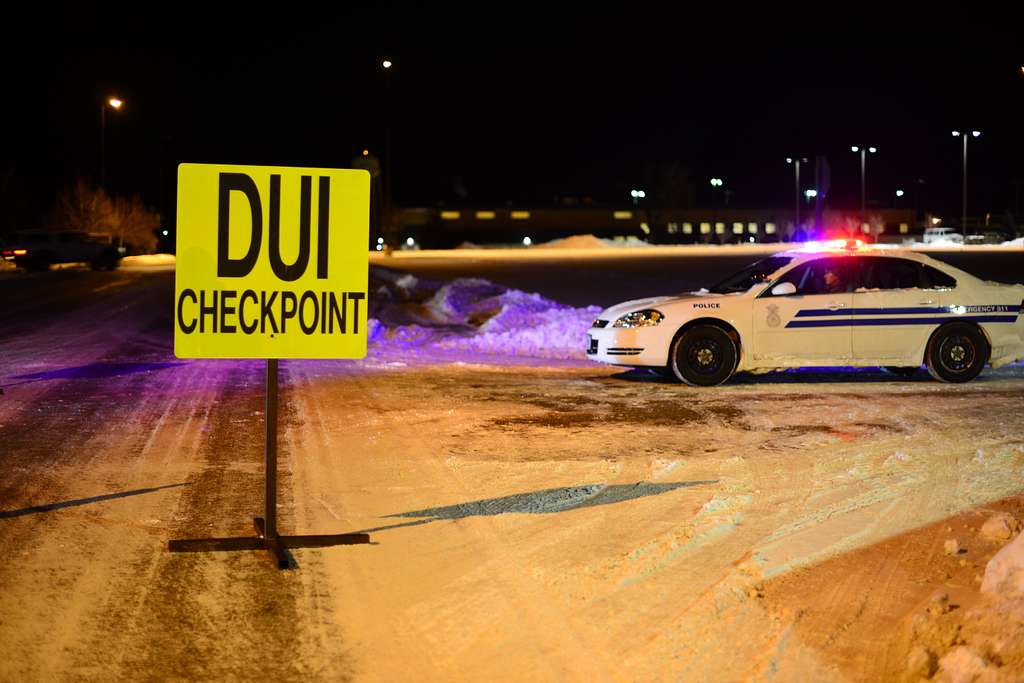
Have you ever stopped by a police officer to check whether you are drunk or not? Don’t worry, it’s normal. Different countries or states are trying to enforce laws or DUI Sobriety Checkpoints to assess suspicious driving patterns. Of course, DUI Checkpoints are significant in preventing drunk driving. While ensuring the Sobriety Checkpoints, no one can go for the strict actions. Everyone, including the police, driver, and legal authorities, remains in the realm of rules and regulations.
Are you feeling dull to not understanding the DUI Sobriety Checkpoints? You must have the proper knowledge about the DUI Checkpoints; this way, you can also understand your rights and duties while driving. So, If you are a native or resident of Canada, you must be aware of DUI Ontario.
What Are DUI Sobriety Checkpoints?
DUI stands for Driving Under the Influence. When you extend the DUI term with the Sobriety Checkpoints, these checkpoints are the roadblocks set by the legal authorities or the law enforcement agencies. At each checkpoint, police officers stop the vehicles and ask for vehicle registration documents and a driving license. Here, the primary purpose is to check or judge whether the driver is drunk.
This way, the police ensure the drunk driver will be away from the roads. Otherwise, there will be more accidents, and the public will be at risk every time. Police can also check the suspicious signs after a short or long question/answer session. However, the most important thing is that the actions follow the rules. So, if you are a driver and the police stop you, you are responsible for being calm and responsive.
Understanding the DUI Sobriety Checkpoints
Road Safety
The major purpose of DUI checkpoints is to prevent drivers from driving under the influence. This means that the government does not allow anyone to drive while he or she is drinking. In this case, the police follow a specific pattern, such as stopping every third, fourth, and fifth vehicle. However, the checking pattern can be changed at any time according to the situation.
Constitutional
Several years ago, the DUI Checkpoints have taken the place of constitutional significance. This way, the law enforcement agencies order the police officers or law enforcement entities to review every situation carefully. There will be some rules, and they will follow all to avoid any inconvenience.
Minimal Intrusion
If the police officer or the relevant entities stop a person and pull him or her out of the car, it is not a rule that affects the driver’s privacy. No one can search the vehicle or open the luggage without a solid reason. This way, the DUI checkpoints ensure less or no intrusion into the driver’s private space.
Administration System
It is not the duty of the indiviual policeman to set the DUI checkpoints at different areas. In this case, the higher authorities, including the police administration, shortlist the police officers and select the areas, time, and date for the sobriety checkpoints. This way, you will know who is behind these checkpoints.
Lawful Criteria
Stopping a vehicle at a DUI checkpoint is a major challenge, but it’s a challenge for normal people, not for skilled people. In this case, the authorities provide enough training to the police officers to stop suspicious vehicles. As previously mentioned, police can also follow the pattern of stopping every third car.
Advance Announcement
The date, day, and place of the DUI sobriety checkpoint may or may not be announced. Usually, the announcement is made in advance because, in many countries, it seems unlawful or illegal to set checkpoints without any official statement. This way, the arrest will also be considered wrong or beyond the law.

Ignoring the Checkpoint
Ignoring or avoiding the checkpoint can make the driver more suspicious. In some cases, people or drivers follow the U-turn to avoid the police officers. During this period, police officers sense something wrong and capture the driver with a strategy.
Questioning
When you stop your vehicle at the checkpoint, the police officer asks for some information. The officer can ask for the vehicle registration number, driving license, and insurance details. Similarly, you will also be asked whether you are drinking alcohol or not. When you respond, the police officer checks or assesses your talking behavior and expression to make an efficient decision.
Sobriety Test
When the police officer is certain that you are impaired by drugs or alcohol, he will ask you to pass the sobriety test. The test may involve walking straight or turning around according to the instructions. The officer may also move objects to check your consciousness. If you refuse the sobriety test, the DUI arrest will be the last option.
Final Verdict
Knowledge of DUI sobriety checkpoints enables one to defend his or her rights and also allows one to prepare appropriately when pulled over to a sobriety checkpoint. Despite much debate regarding these checkpoints, they are a lawful step taken to prevent driving under the influence and, thus, make the roads safer. Education on these imminent scenarios and how to handle them best ensures one is not trapped in a legal scandal.
If you are involved in a legal battle concerning DUI checkpoints, you need to consult a professional DUI lawyer who will diplomatically help you negotiate traffic law. It’s never good to leave things ‘to chance.’ The ultra-important details are to inform ourselves and be proactive so that our rights can be protected and the choices we make while on the road are informed ones.

